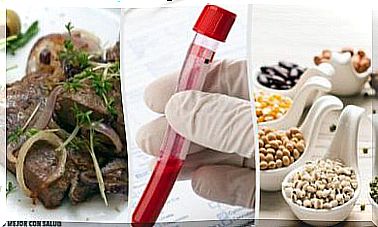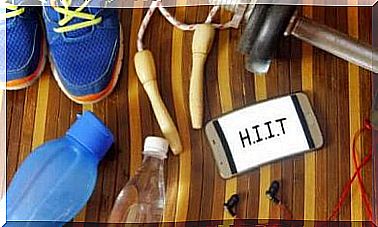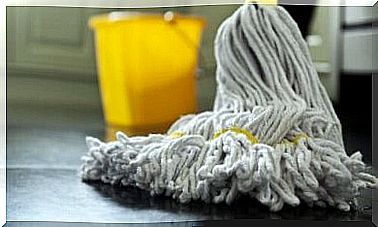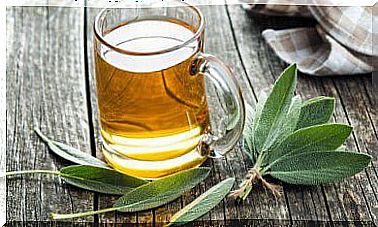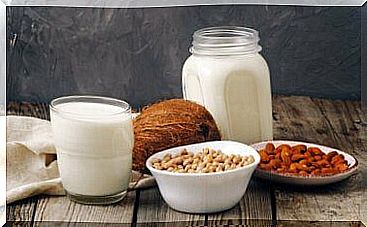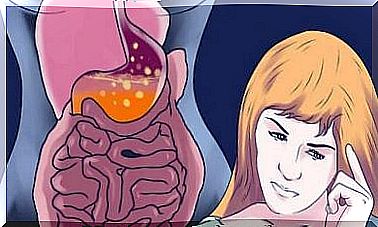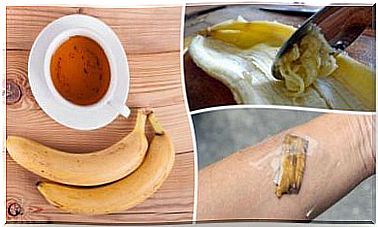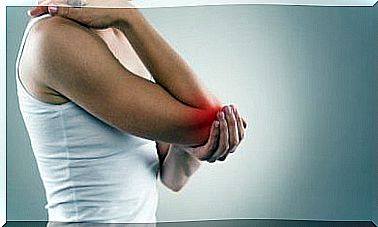5 Effective Ways To Clear Mucus In Your Child
Although mucus is a body’s defense mechanism, its build-up can be a major problem for babies and children. It is possible to eliminate it with these simple tips.
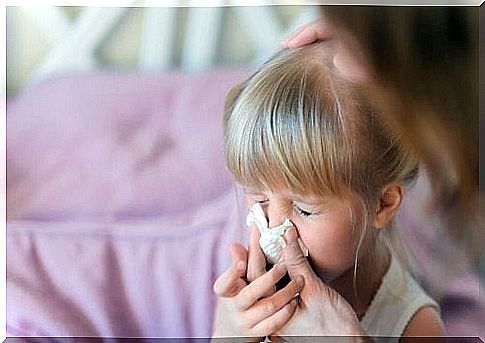
Mucus is part of the body’s defense mechanism against viruses and bacteria in the air. However, excess mucus in babies or children, who cannot or do not know how to expel it, is very bothersome. It is our responsibility as a parent to help them clear the mucus.
Mucus as well as excessive phlegm can make it difficult to breathe, so children have bad nights and worse days. They feel bad, and their parents don’t know what to do to help them.
Why does mucus appear?
The germs stay attached to this phlegm and can be eliminated. In this way, the body prevents overgrowth and infections occur. When your child becomes sick with his respiratory tract, mucus production increases to fight the infection.
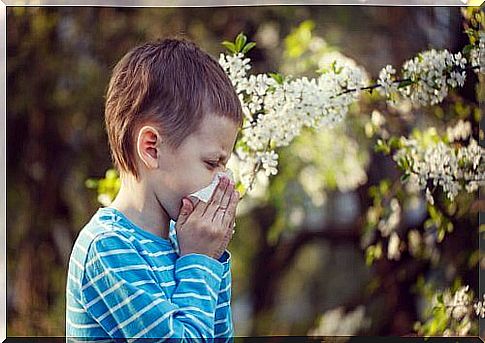
However, it is not necessary for the child to be sick for mucus and phlegm to appear. These are generated preventively. The body detects the existence of harmful environmental factors and generates glanders to defend itself.
What about mucus in babies and children?
Babies and young children cannot cough up or spit up. As they grow and develop, it’s common for them to secrete a little more mucus than they can shed. Their body reacts to this excess mucus, coughing and sneezing.
Coughing is the mechanism the body uses to mobilize and expel mucus from the lungs. Therefore, children should be able to cough before they need to administer cough-suppressing medicine promptly.
In the case of babies, too much phlegm can make them feel sick or even vomit. Diarrhea is usually common with excess mucus, as the baby swallows it and expels it through the stool.
It gets worse when mucus builds up. Major problems can then arise, such as difficulty in breathing, the product of sinusitis or deafness due to an ear infection.
How do you get rid of mucus in your child?
The mucus is never completely eliminated, because once expelled, the respiratory mucous membranes reform it. Adults know how to blow their nose and expel phlegm . However, this is not the case with young children, nor infants, whom we must then help.
1. Wash the nasal cavity
Washing the nostrils with saline solution is the most widely used and effective method of helping babies and children clear mucus. This wash does not irritate and has no side effects.
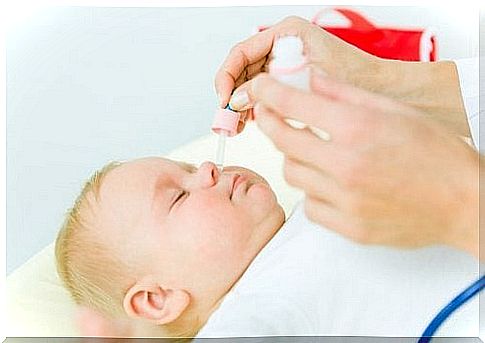
It is best to use a spray or physiological saline. You can also clean your child’s nose by putting drops of saline solution into their nose using a dropper. Avoid using a syringe because it is very difficult to calibrate the pressure with which the liquid comes out and you could cause more harm than good.
To apply the liquid, lay the baby or child on their side and apply the saline solution to the nasal port in place. Then have the child lie down on the other side and repeat the procedure in the other nostril. You can warm the container of physiological saline in your hands a little before applying it, so that contact with the liquid is less bothersome.
2. Use baby flies with caution
Nasal pears or nasal aspirators work great after washing the nostrils with physiological saline. They are very helpful in removing mucus from the nose, but not phlegm.
Pears should be used with caution so as not to damage the nasal mucosa. These instruments should not be abused. We recommend that you wait until the mucus is expelled naturally after washing.
3. Keep your child well hydrated
Water is a great ally in relieving discomfort caused by excess mucus in babies and children. Fluids help hydrate the throat, which usually dries up when the nose is congested.
Breastfeeding is the best way to keep your baby hydrated. The mother’s immune system also helps the baby defend itself against infection, the benefit of which is twofold: hydration and immunization.
In children, it is necessary to encourage the consumption of water. They can also take fruit juices which increase their defenses such as orange and lemon. The best physiological natural serum is coconut water. By increasing the intake of fluids, phlegm is liquefied. This prevents them from building up and then infecting the ears.
4. Living in a humid environment
Moist environments help improve nasal congestion and coughing. You can use a humidifier in the room, but be sure to clean it every day to prevent the growth of fungi and bacteria.
You can also prepare a warm bath for the child or place it in a room where you have placed a pot of very hot water to which you have added herbs such as eucalyptus, mint or lavender. Make sure the child is breathing the water vapor without getting too close.
The steam produced by these herbal remedies can help the child to clear mucus, but great care should be taken with the heat. Do not leave your child alone when using this type of treatment.
5. Keep the house clean
The accumulation of dust is the ideal environment to increase the production of glanders. Avoid using brooms, vacuums or fans which usually raise a lot of dust that remains suspended in the environment.
Pillows and cushions can collect a lot of dust. Evaluate how many items you should keep, how often you should wash them, or which ones should be thrown out.
It is also important to avoid the use of very abrasive cleaning products, as they usually expel gases that are very irritating to the respiratory tract. White vinegar is the best natural option for killing germs and bacteria in your home.
Conclusion: some more tips for clearing mucus
If the mucus, phlegm, and cough are persistent and cause your child a lot of discomfort, see your pediatrician. The specialist doctor is the one who can know if there is a more important reason upstream to the origin responsible for the excess of accumulated mucus.
